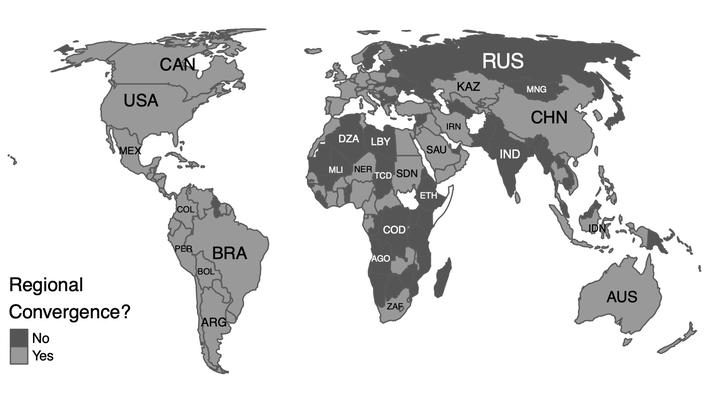Promoting both Industrial Development and Regional Convergence: Towards a Regionally Inclusive Industrial Policy

Abstract
Industrial policy boosts economic growth through targeted interventions that affect the allocation of skilled labor, output composition, and industrial productivity growth. A commonly omitted consequence of these changes is that, depending on the initial cross-regional distribution of income, policies aiming to foster industrial development may change regional inequality in unintended ways. In this context, this chapter aims to explore the interaction between industrial development and regional convergence. The ultimate goal of this exercise to identify possible lessons that could guide the design and implementation of regionally inclusive industrial policies (RIIPs). The first part of this chapter revisits some key facts about industrial development and regional convergence. Next, industrial and regional interactions are evaluated through the lens of an industry-based model of regional convergence. The chapter concludes by outlining some lessons that may prove helpful for the design and implementation of regionally inclusive industrial policies.